First contact resolution (fcr) measures the percent of cases reported through assisted support channels that are acknowledged to be resolved by the customer as a result of the initial interaction with a qualified support representative.
First Contact Resolution
FCR is a common metric used throughout the technology services and broader customer services industries. While widely used the underlying inputs and assumptions that makeup FCR vary widely. A consistent definition for FCR is essential to performance benchmarking against companies and industry segments. More importantly a well-defined method for measuring FCR assures that the insights gained from FCR performance will point to meaningful corrective actions to improve support efficiency and effectiveness.
1 |
Establish a consistent and honest definition of First Contact Resolution (FCR). |
2 |
Apply FCR measurement and analysis as specifically as possible (e.g. distinct products, queues, sites, teams, shifts, etc.). |
3 |
Recognize and document how FCR exceptions are handled so that they may be consistently applied in all cases where FCR is measured. |
4 |
Use FCR benchmarks as a guide to suggest performance levels but not as a specific performance target. |
5 |
Define your optimal FCR level. |
6 |
Look for opportunities to close the “gap” between current and optimal FCR performance levels. |
7 |
Identify the root cause(s) of the inhibitors to FCR performance. |
8 |
Develop a plan to optimize FCR and evaluate the costs and benefits to be realized from optimization. |
9 |
Don’t over emphasize FCR – sometimes escalation is the most cost effective or customer friendly way to resolve an issue. |
10 |
When FCR is not possible leverage tools, processes, and procedures to assure that the escalation is efficient and effective. |




